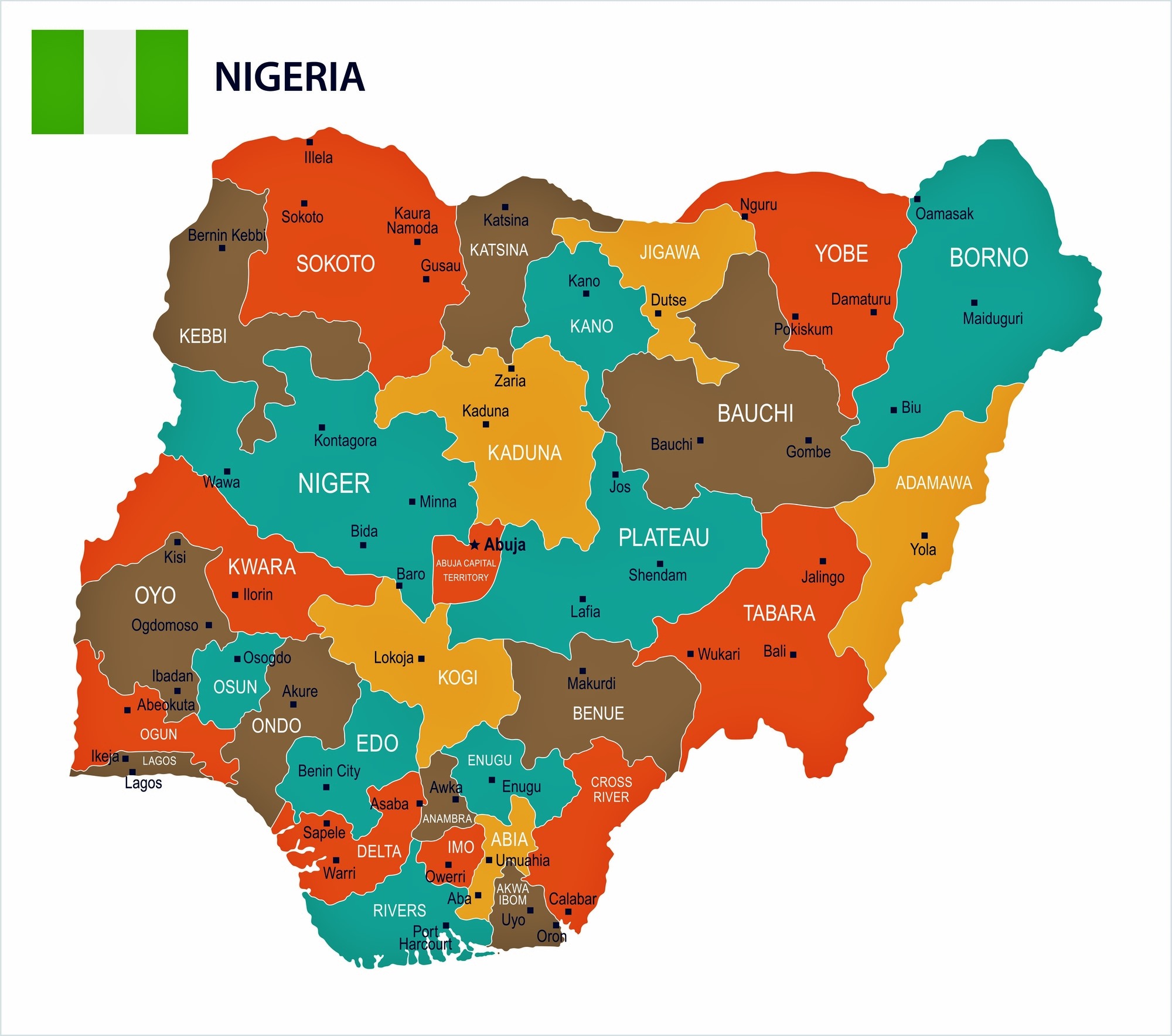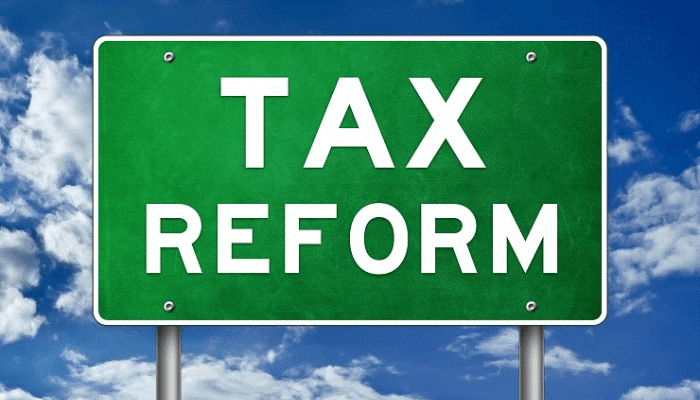A news blog recently published a content purporting that the Federal Government and the Nigerian Financial Intelligence Unit (NFIU) have “secured a significant legal victory against the State Governors in a dispute over the financial autonomy of Local Government joint accounts”.
The report claimed that the ruling delivered by Justice Inyang Ekwo of the Federal High Court on Monday, 24 June 2024, consequentially granted financial transparency and autonomy to local governments in Nigeria, contrary to the argument of the Nigeria Governors Forum (NGF) position that the 1999 Constitution grants states the authority to manage Local Government funds, and the NFIU’s interference was therefore unconstitutional.
Verification
The Abuja Network News which reported the story on 25 June, 2024 did not attribute the news to any source, and it mainly referenced unnamed sources as the basis for the report.
A keyword search on the internet showed that the story had been posted on Facebook by another news blog with 35,000 followers.
Further checks showed that in 2019, the Nigerian Governors Forum (NGF) approached the Court seeking to stop the implementation of the NFIU’s guidelines, and the plea was rejected by Justice Ekwo’s ruling in the same year.
The Nigeria Governors Forum had in 2019 kicked against NFIUs guideline that provides that state and local government joint accounts be operated solely as transit accounts from which funds will be distributed directly to the accounts of the local governments.
Furthermore, financial institutions were directed to ensure the full implementation of the guidelines with effect from June 1, 2019.
Interestingly, however, this ruling by Justice Inyang Ekwo of the Federal High Court, Abuja referenced by the news blogs above was delivered precisely two years ago, that is 2022.
In May 2024, The Federal Government instituted a legal action against the 36 state governors at the Supreme Court. The suit filed by the Attorney General of the Federation (AGF) and Minister of Justice, Lateef Fagbemi, sought full autonomy for all local government areas in the country.
And the Federal Government specifically prayed the court to issue an order, prohibiting state governors from embarking on unilateral, arbitrary and unlawful dissolution of democratically elected local government leaders.
Complaints about the overbearing influence of state governors in Nigeria over local government administration in Nigeria have been loud, especially in the last couple of years.
In fact, former President Muhammadu Buhari also indicted governors for stealing local government funds.
It was during his tenure as president that the Nigerian Financial Intelligence Unit (NFIU) issued, on May 6, 2019, the guidelines that began the chain of litigation between the Federal Government and the Nigerian Governors’ Forum. In 2020, the NGF kicked against this move.
The Nigeria Union of Local Government Employees (NULGE) had also indicted the governors of misappropriation of local government funds. And recently, the Senate also lamented about the sorry state of the local governments in Nigeria.
Current Situation
It is instructive to note the current situation with the Federal Government and 36 state governors in the light of the publication that the Federal Government had won against the governors.
First, the case in the publication is a Federal High Court case instituted by the Nigeria Governors’ Forum. And it was decided in 2022. The current legal battle between the Federal Government and State Governors is before the supreme court.
On Thursday, June 13, 2024, report had it that the Supreme Court “reserved” judgement in the suit filed by the federal government against the governors of the 36 states of the federation to enforce the autonomy of administration of local government areas as stipulated in the Nigerian constitution.
The media reported that Justice Garba Lawal, who led a seven-member panel of Justices of the Supreme Court, reserved judgement after all parties adopted their various written addresses earlier.
What does it mean to “reserve” a judgement?
Legal practitioner, Jonathan Agbo, Esq explained that when a court reserves a judgement, it means that “the arguments have been adopted and the court has fixed a date to deliver judgement.”
It also means that the court has issued a decision but has not given its reason.
In very clear terms Agbo’s explanation suggests that the Supreme Court reserved judgement to a latter date to be communicated to the parties.
As of the time of filing this report, a search through the website of the Supreme Court of Nigeria did not yield any information about a judgement or date of judgement on the case between the Federal Government and the State Governments regarding the local government autonomy.
The publication of the Abuja News Blog is therefore misleading.





